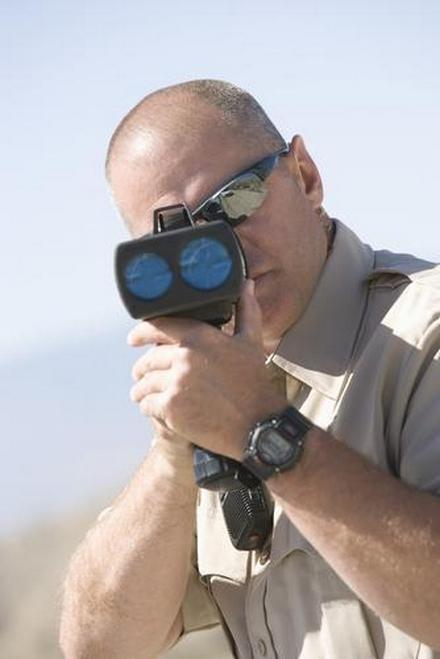TELEPHONES ANSWERED 24 HOURS A DAY
New Aggravated Speeding Charges in Illinois Are No Joke
 While those who have never had to face the question may think the distinction is trivial, the difference between being charged with a “petty” speeding ticket and punished with an aggravated speeding offense is dramatic.
While those who have never had to face the question may think the distinction is trivial, the difference between being charged with a “petty” speeding ticket and punished with an aggravated speeding offense is dramatic.
In addition, while the speed limit increased from 65 to 70 mph in Illinois, new laws went into effect on January 1 of this year, which reduce the limit from 40 to 35 mph over the posted limits to qualify for more serious and expensive driving penalties.
Petty Speeding Vs. Aggravated Speeding
Petty speeding is what most people think of as the kind of driving that is against the law. In other words, drivers are issued tickets for driving too fast. In fact, under Illinois law, petty speeding is any driving offense where the speed limit is not broken by more than 25 miles per hour. Aggravated speeding is an offense where the speed of the offender’s vehicle is caught traveling 26 miles per hour or more over the posted speed limit.
Fines And Penalties
Petty speeding ticket recipients are punished with, at most, a heavy fine and traffic school. Court supervision of some kind may be imposed, but it is not a mandatory provision of the law. Aggravated speeding, however, is considered a misdemeanor offense, punishable with up to a year in jail and a $2,500 fine. Speeding between 26 and 35 miles per hour is a Class B misdemeanor, punishable by up to six months in jail and a fine of $1,500. Class A misdemeanor speeding in excess of 35 miles per hour can lead to the harsher fines and penalties.
In addition to the criminal penalties one faces if convicted of an aggravated speeding offense, it is also possible to face a suspended or revoked period of driving privileges.
No Court Supervision
Aggravated speeding is a serious offense in Illinois. Judges are now prohibited from ordering court supervision of these charges. As a result, defendants who plead or are found guilty will have criminal convictions on their record that cannot be expunged. As a result, insurance rates post-conviction are also likely to increase dramatically.
Changing Laws Have Imposed Tougher Penalties
Traffic court used to be a place where accused drivers would appear to contest tickets, and, if convicted, pay court ordered fines. As a result of changing laws in the state, however, a speeding ticket could instead lead to jail time.
If you have been issued a speeding ticket, particularly for driving a speed which could now be considered a criminal offense, it is imperative that you seek legal counsel immediately from an experienced Chicago criminal defense attorney. Contact the Law Offices of Hal M. Garfinkel LLC, Chicago Criminal Defense Attorney for help avoiding any significant penalties.




